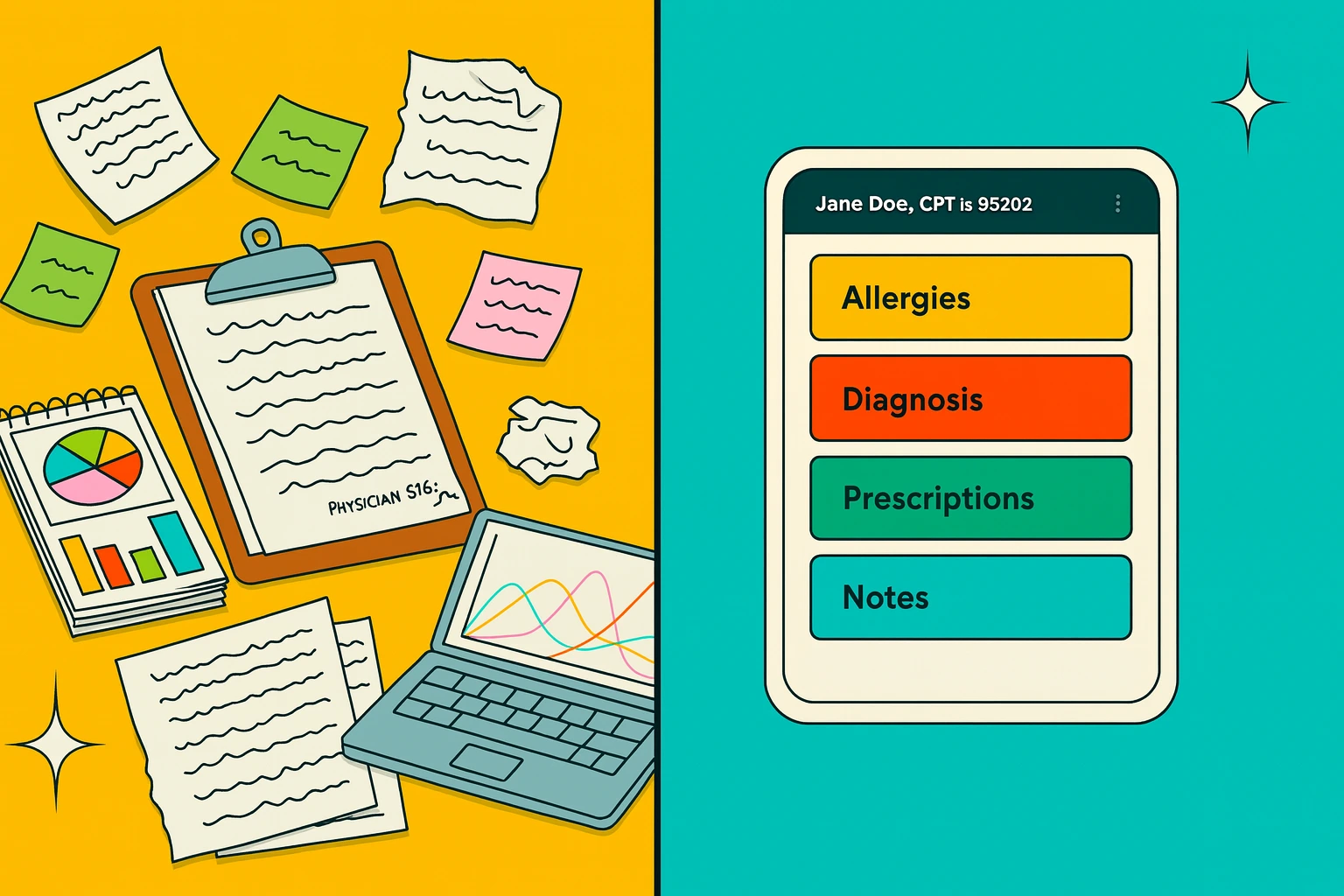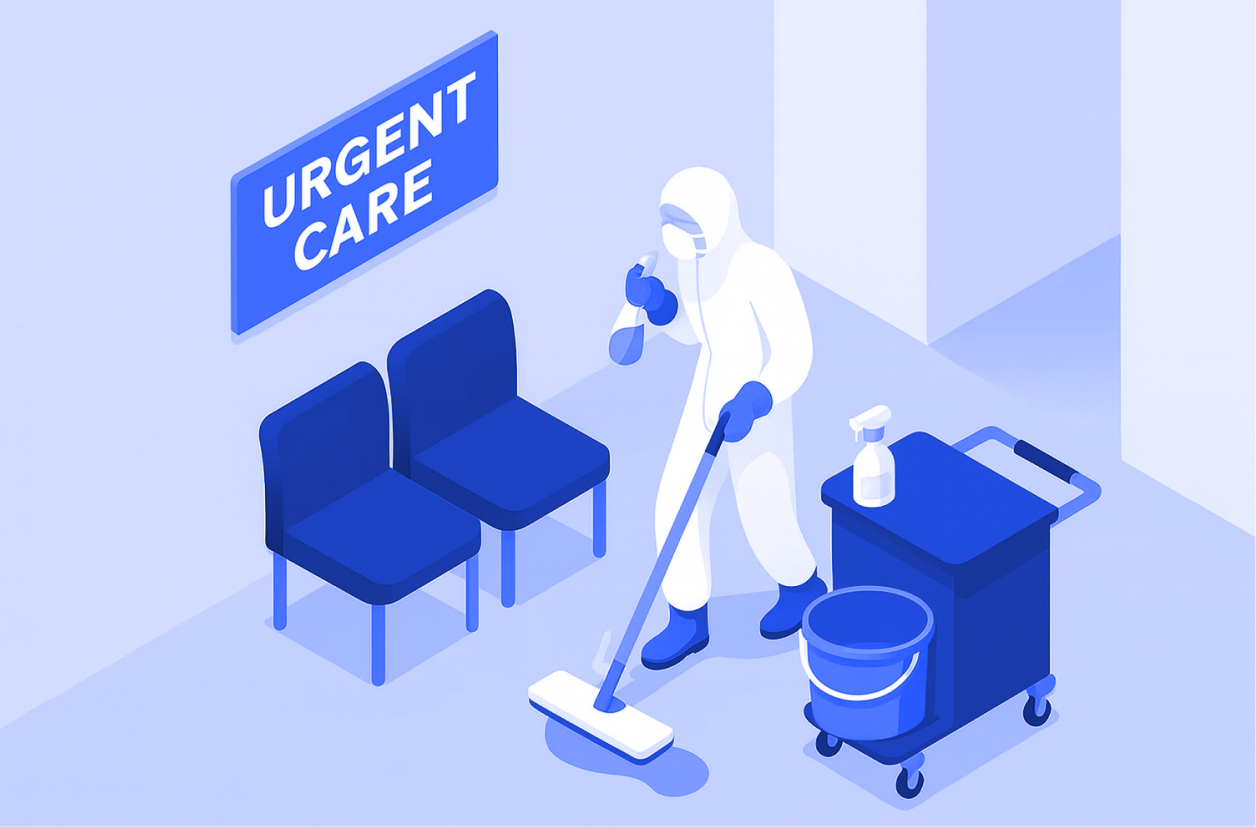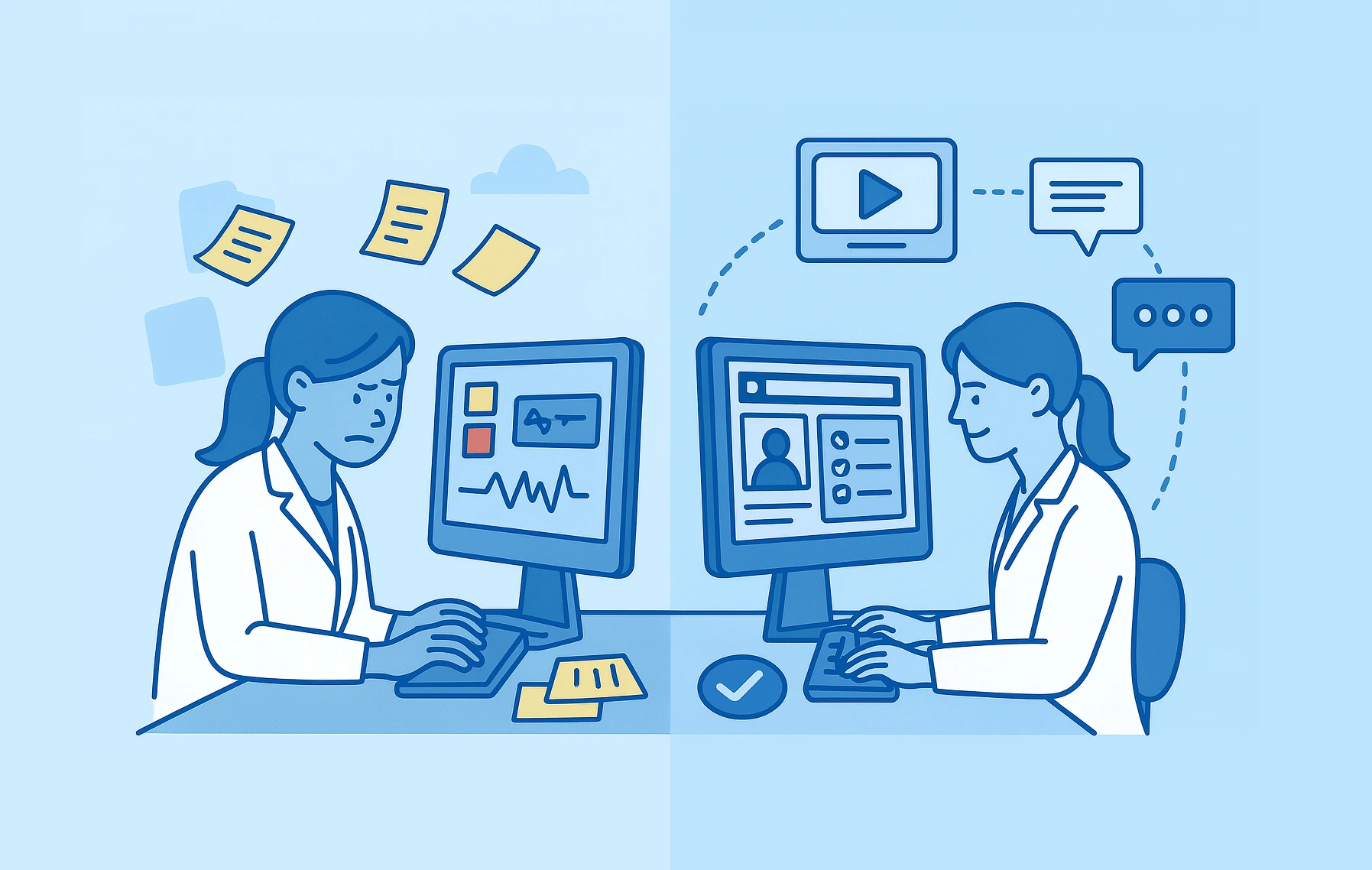

Template Optimization in EHR: Benefits for Healthcare Providers
Learn how optimized EHR templates improve documentation, billing, and patient satisfaction.

Electronic Health Records (EHR) have transformed the healthcare industry, offering pre-loaded templates and customizable options to suit the needs of individual providers and practices. While many clinicians rely on these templates, there are numerous benefits and challenges. In this article, part one of our series on "Template Optimization," we explore the key benefits of creating and consistently using templates in your EHR system.
The Benefits of Optimizing EHR Templates
1. Improved Efficiency
- Faster Documentation: EHR templates streamline the documentation process by offering predefined fields, enabling clinicians to quickly enter patient data. This reduces the time spent on repetitive tasks.
- Reduced Typing: Features like dropdown menus, checkboxes, and auto-populated fields eliminate unnecessary typing, making the process faster and more efficient.
2. Consistency in Documentation
- Standardized Data Entry: Templates ensure that key information is captured uniformly, leading to better communication among healthcare professionals and reducing the risk of missing critical details. This can be particularly beneficial to assist new staff, part-time providers or to help reduce training due to staff turnover.
- Regulatory Compliance: EHR templates can be tailored to meet regulatory standards, such as ICD-10 and CPT codes, ensuring that documentation aligns with billing and coding requirements.
3. Enhanced Accuracy
- Fewer Errors: By offering structured fields and pre-filled options, templates reduce errors caused by misspellings or omissions.
- Clinical Decision Support: Integrated decision support systems can provide clinicians with reminders, alerts, or suggestions, improving clinical decision-making and reducing errors.
4. Facilitates Interoperability
- Structured Data: Templates ensure that data is captured in structured formats, making it easier to share and interpret between different EHR systems. This is essential for EHR interoperability, a key goal in modern healthcare.
5. Improved Billing and Coding
- Accurate Coding: Built-in billing and coding elements help clinicians align their documentation with appropriate codes, reducing the chances of claim rejections.
- Lower Administrative Burden: Templates minimize the back-and-forth between clinicians and billing departments, streamlining the administrative process.
6. Customization Options
- Tailored for Specialties: EHR templates can be customized to fit the unique needs of various medical specialties, ensuring relevance and improving workflow.
- Personalized for Clinicians: Clinicians can create or adjust templates to fit their specific practice style, enhancing usability and efficiency.
7. Improved Patient Care and Satisfaction
- More Time with Patients: By reducing the time spent on documentation, clinicians can devote more time to direct patient care, leading to higher patient satisfaction.
- Better Documentation for Continuity of Care: Consistent and thorough documentation helps maintain continuity of care, especially when managing chronic diseases or coordinating with multiple providers.
Why Template Optimization Matters in EHR Systems
Using EHR templates offers healthcare providers a wide range of benefits. From improved efficiency and consistency to enhanced accuracy and regulatory compliance, templates allow clinicians to focus more on patient care while adhering to industry standards. Additionally, templates support accurate billing, enable data sharing, and can be customized for various medical specialties.
Optimize Your EHR with UrgentIQ
Are you ready to streamline your workflow and improve patient care? At UrgentIQ, we specialize in creating EHR templates that can be optimized to your urgent care practice. Contact us at sales@urgentiq.com to learn more.
Stay tuned for part two of our series, "Template Optimization 2.0," where we will explore common challenges in creating and optimizing EHR templates for your practice.
More blog posts to read
Prefer to send an email? Send us your request at sales@urgentiq.com, and we'll coordinate with you directly.
We're thrilled that you're interested in joining us. Please fill out the form below to get started on your journey with UrgentIQ.




